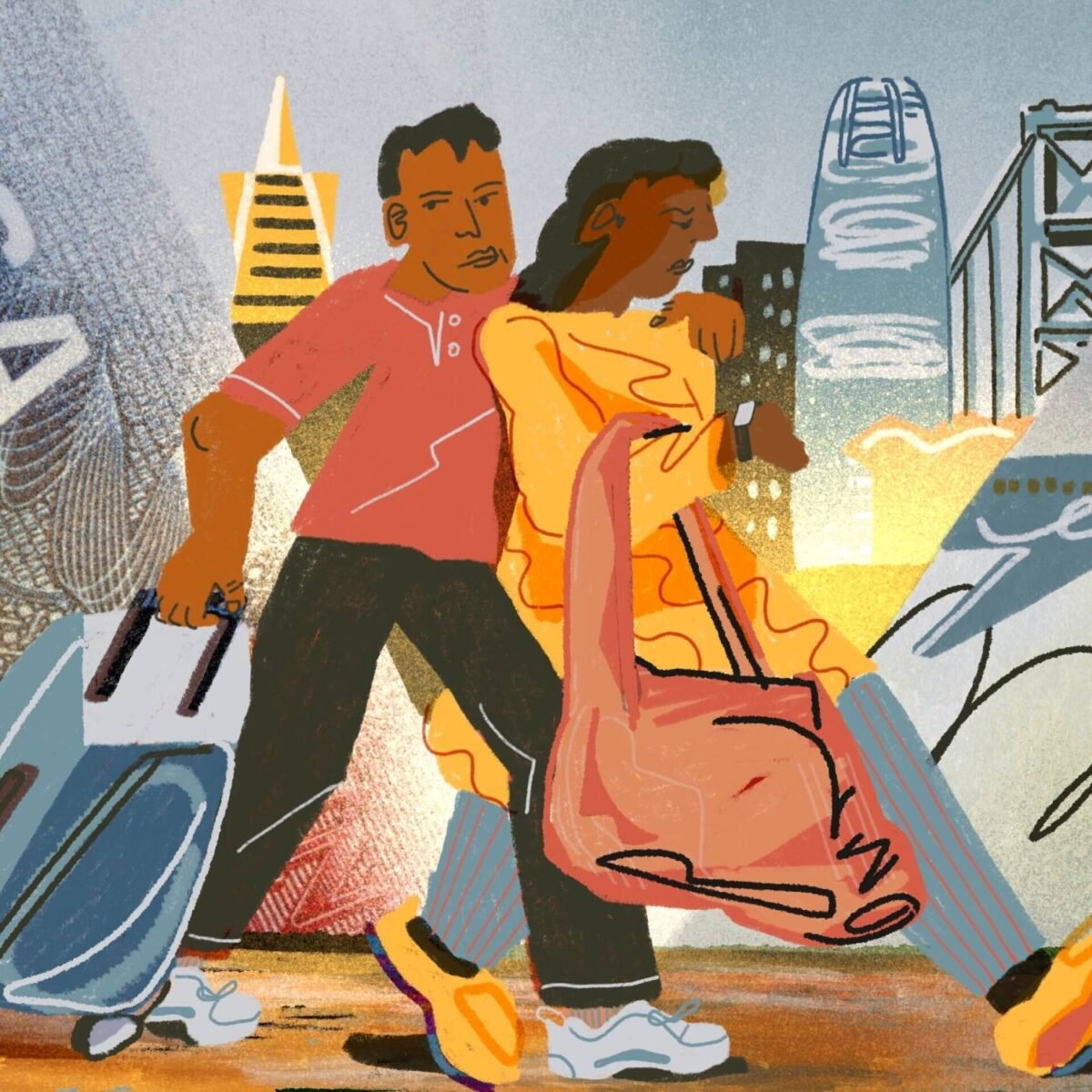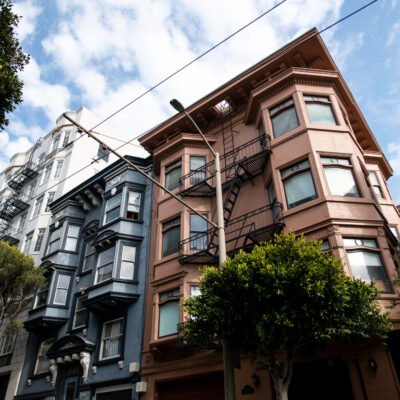Since the H-1B program was introduced as part of the Immigration Act of 1990, the visa has been the primary pathway for Silicon Valley companies to take advantage of foreign talent. Microsoft’s Satya Nadella, Tesla’s Elon Musk, Arista Networks’ Jayshree Ullal and former eBay President Jeffrey Skoll all began their careers on H-1B visas. Meta, Apple, Google, LinkedIn, Cisco and Nvidia are the biggest users in the Bay Area today. If the region’s employers filed the same number of new petitions as last fiscal year — about 7,660 applications — the bill would come to roughly $766 million in fees alone, according to Joint Venture Silicon Valley.
In a wide-ranging conversation last year with the four chatty investor-bros who host the “All In” podcast — three of whom were born overseas — then-presidential candidate Trump promised to import more of the best and brightest. “It’s so sad when we lose people from Harvard, MIT, the greatest schools, and lesser schools that are phenomenal also,” Trump said. In his next administration, he said, any foreign student who completes even a two-year degree in the U.S. would get a green card. “You need brilliant people,” he insisted. The co-hosts or “besties,” as they call themselves, agreed.
Compare that with the opening line of the White House proclamation two weeks ago that levied a broadside at U.S. immigration policy for the last 35 years. “The H-1B nonimmigrant visa program was created to bring temporary workers into the United States to perform additive, high-skilled functions, but it has been deliberately exploited to replace, rather than supplement, American workers with lower-paid, lower-skilled labor.”
“Many of my clients are senior technology executives who have lived here for 20 years,” said Sophie Alcorn, who runs Alcorn Immigration Law in Mountain View and writes about immigration for TechCrunch. She’s talking about clients still on H-1B visas, still waiting on a green card.
Alcorn called Trump’s proclamation a “huge affront” to people like her clients, who have diligently played by the complicated and confusing rules the federal government has laid out. “They have advanced degrees from U.S. colleges and universities that they forked out full tuition for. They have spouses. They have U.S. citizen children who were born here. They own homes. They volunteer in the PTA. They donate. They pay taxes.”
Already, the Trump administration has been challenged in court over the latest changes to the H-1B program. The lawsuit, filed in federal court in the Northern District of California on Friday, was brought by a coalition led by recruitment firm Global Nurse Force. The coalition argues President Trump does not have the power to unilaterally impose a hefty immigration fee without the approval of Congress, and that the sudden regulatory changes violate the Administrative Procedure Act.
Alcorn is not surprised. “Immigration lawyers are scratching our heads. We’re trying to figure out exactly what we can do, what we cannot do,” she said. “We don’t even know how we would have our clients pay the $100,000. When will there be a temporary restraining order? Because that could just simply pause all of this for the foreseeable future,” Alcorn said.





